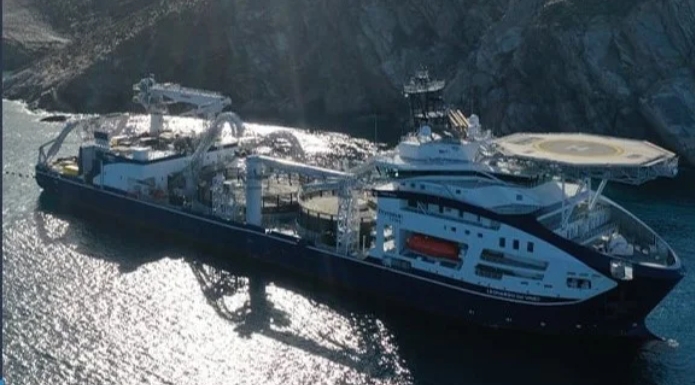
Electrical cable producer Prysmian has signed a €600m ($653.59m) deal to provide a new power interconnector for the Marinus Link project in Australia.
Marinus Link is a proposed undersea and underground electricity and data interconnector between North West Tasmania and the Latrobe Valley in Victoria.
Spanning 255km undersea across Bass Strait and 90km underground with a capacity of 750MW for the first stage, the Marinus Link will facilitate the flow of electricity and telecommunications between the two regions.
Prysmian will design, test, supply and install a HVDC (high-voltage direct current) cable system consisting of 320kV single-core cables with XLPE insulation and single-wire armouring, covering both submarine and land sections.
The company will also provide a fully integrated PRY-CAM permanent monitoring system. All cables will be constantly monitored using solutions like distributed temperature (DTS) and acoustic sensing (DAS) to measure all key operating parameters of the whole cable system.
Submarine cables will be produced at Prysmian’s centre of excellence in Arco Felice, Italy, while land cables will be produced in Delft, the Netherlands and Gron, France.
In September 2023, Prysmian signed a capacity reservation agreement with the Marinus Link company, which is jointly owned by the Australian, Tasmanian and Victorian governments.
Prysmian executive vice-president of transmission Hakan Ozmen commented: “This project strengthens our position in Oceania’s fast-growing renewables market. We are proud to support Australia in its goal to combine the benefits of renewable energy to deliver low-cost, reliable and clean energy to customers.”
The Marinus Link is set to be completed by 2030.
The project is expected to help Australia meet its emissions reduction targets by saving up to 70 million tonnes of CO₂ equivalent by 2050. The country aims to reduce greenhouse gas emissions to 43% below 2005 levels by 2030 and is currently on track to meet its target, forecasting a 49% reduction.